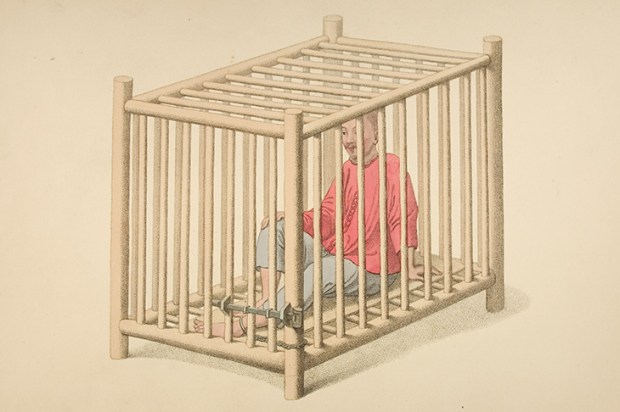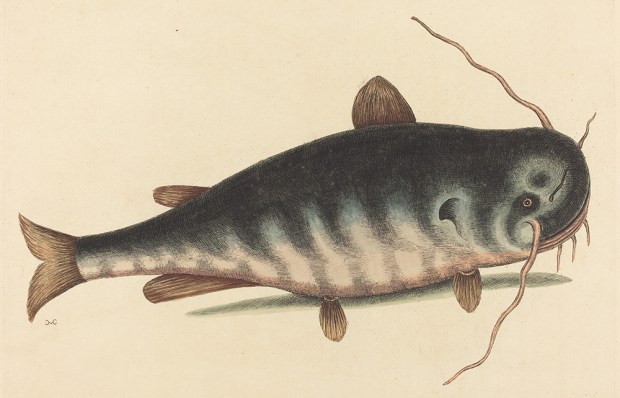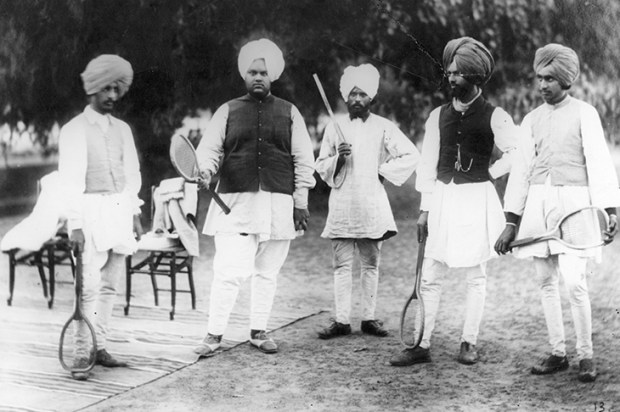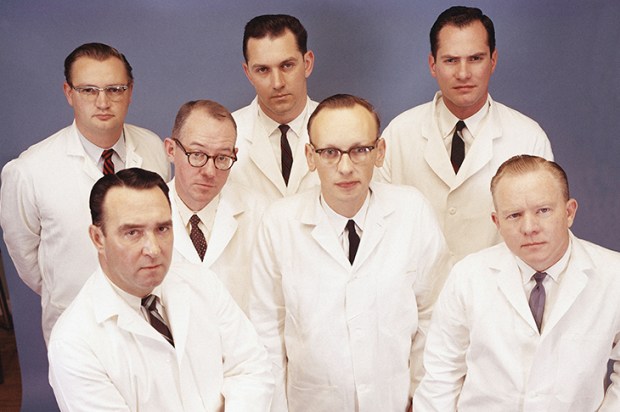I never thought I’d grow up to be a Grumpy Old Man – but look how good I am at it now! So I am entirely in sympathy with Speccie reader Kay when she writes, ‘I hear reporters and younger people saying things are “so fun”. It drives me crazy. I’m sure the correct grammar is “so much fun”. Is this correct or am I just an easily irritated oldie?’. Kay you are perfectly correct – this odd expression ‘so fun’ is nothing more than an illiterate abbreviation of ‘so much fun’. The Urban Dictionary says it’s recorded from 2008, and adds a note showing Kay and I are not alone by adding, ‘If you use this expression you will sound about ten years old.’ (Possibly an exaggeration, since my four-year-old grandson no longer speaks like this!) If you hear someone say ‘so fun’ tell them they face arrest by the Word Police on a charge of ‘abuse of an adjective causing grievous grammatical harm’. They won’t understand a word you say, but you’ll feel better.
With Trump now elected president, Mike (another Speccie reader) emails to ask of there’s a story behind the word ‘president’. There is. It starts with the foundational verb ‘to preside’, in which the prefix ‘pre-’ means ‘before’ while the rest of the words comes from the Latin sedēre ‘to sit’. In the ancient world the person in authority was always seated. That’s why we can still speak of a monarch in terms of their seat – ‘the throne’. It’s what gives a cathedral its name (it contains the cathedra – the chair or seat of the bishop). This is why professors occupy a ‘chair’ at their university, and meetings are led by the ‘chairman’– even though everyone else is also seated. So the ‘president’ occupies the seat of authority. By the way, the ancients were right about this. Which is why TV newsreaders have more authority when they are seated behind their desk – authority which they lose when they stand up clutching bits of paper and looking awkward.
A Fox News commentator (the whimsical Jesse Watters) said Democrats are doing a lot of ‘face-palming’ and ‘head-desking’ at the moment. ‘Face-palming’ is recorded from 1996 and consists, says the Oxford, of a melodramatic bringing of the palm of one’s hand to one’s face as a gesture of dismay, exasperation or embarrassment. ‘Head-desking’ (from 2002) is similar, but involves even more overacting – namely striking one’s head, often repeatedly, against a desk or table at which one is sitting, typically as an ostentatious or dramatic gesture of frustration, exasperation or dismay (Oxford).
A great deal of the Biden-Harris years will now start disappearing into the ‘memory hole’. This is yet another brilliant coinage from the great mind of George Orwell (in his powerful prophetic novel 1984). In that book the ‘memory hole’ is a slot through which documents recording past events can be disposed of, as part of the manipulation of memories of the past. It is Winston Smith’s job to purge the written records of anything contrary to the mandates, visions and approval of his government. In the ‘memory hole’ they were devoured by flames. ‘Border policy? What border policy? Sorry, we can’t find any documents referring to a border policy.’
As you will have discovered from the British pages of the Speccie there has been much talk (and even some cartoons) about ‘The Great Cheese Robbery’ in which 22 tons of cheddar were stolen from a London cheese specialist. A fraudster turned up, posing as a wholesale distributor for a major French retailer – and went away with 950 wheels of cheddar, reported to be worth almost $590,000. (I had no idea cheese was worth so much!) The word ‘cheddar’ comes from a village near the Mendip hills in Somerset. Originally ‘cheddar’ only applied to cheese from this particular village but now covers many different varieties of ‘cheddar-style’ cheese across the world. The place name Cheddar comes from an Old English word meaning ‘deep dark cavity’. And this part of Somerset is famous for its many caves and gorges. There’s a place called ‘Cheddar Gorge’ located on the edge of the village. That’s the history of the word: from a ‘deep, dark gorge’ to the name of the village at the edge of the gorge, to the name of the cheese they developed. Sadly, there is only one cheese producer left in the village. But now you know the source of the word, you can be grateful to the villagers every time you have a wonderful, melted, toasted cheese sandwich.
Got something to add? Join the discussion and comment below.
Contact Kel at ozwords.com.au
You might disagree with half of it, but you’ll enjoy reading all of it. Try your first month for free, then just $2 a week for the remainder of your first year.













